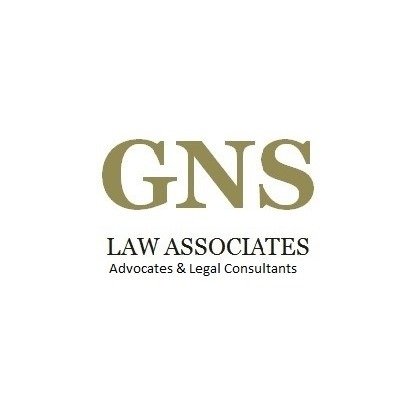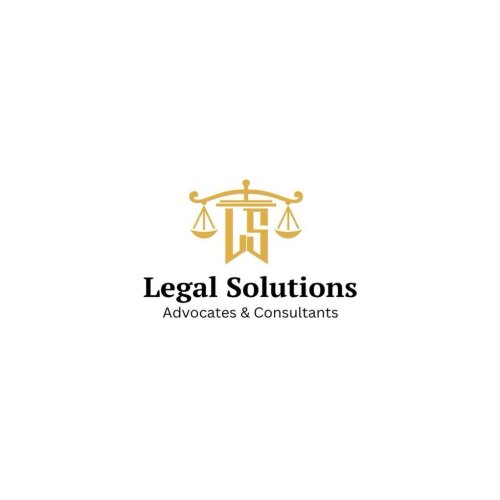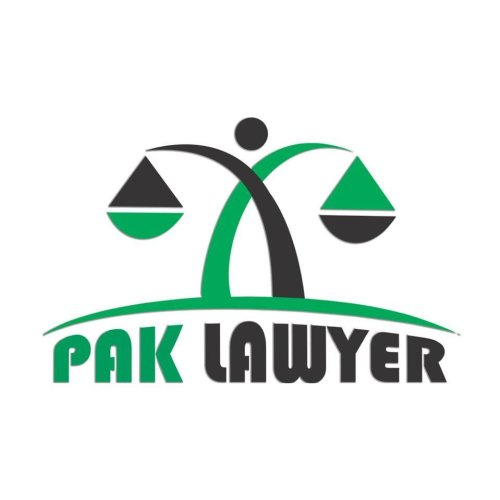Best Bankruptcy Lawyers in Pakistan
Share your needs with us, get contacted by law firms.
Free. Takes 2 min.
Or refine your search by selecting a city:
List of the best lawyers in Pakistan
About Bankruptcy Law in Pakistan
Bankruptcy in Pakistan is primarily governed by the Insolvency Act, 1920, and the Companies (Rehabilitation of Distressed Companies) Act, 2017. These legal frameworks provide mechanisms for individuals and companies unable to meet their financial obligations. The central aim is to offer a fair distribution of the debtor's remaining assets among creditors and give the debtor a fresh start. Bankruptcy proceedings can be initiated voluntarily by the debtor or involuntarily by the creditors.
Why You May Need a Lawyer
Seeking legal advice in bankruptcy cases is crucial for several reasons:
- Complex Procedures: Navigating the legal processes involved in bankruptcy can be complex, and professional legal assistance ensures proper filing and adherence to deadlines.
- Asset Protection: Lawyers can help protect essential assets and property from liquidation.
- Negotiations with Creditors: A lawyer can negotiate with creditors to reach a settlement or repayment plan that is manageable for the debtor.
- Understanding Rights and Obligations: A lawyer can provide clarity on the rights and responsibilities of the debtor, ensuring legal compliance.
- Maximizing Exemptions: Legal experts can assist in maximizing the exemptions under the applicable laws to retain as much as possible of the debtor's assets.
Local Laws Overview
The insolvency and bankruptcy laws in Pakistan are designed to cater to both individuals and corporate entities facing financial distress. The key aspects include:
- Insolvency Act, 1920: This Act deals primarily with the insolvency of individuals, detailing the conditions under which an individual can be declared insolvent and the procedures involved.
- Companies (Rehabilitation of Distressed Companies) Act, 2017: This Act addresses corporate insolvency, focusing on the revival and rehabilitation of distressed companies through various restructuring mechanisms.
- Voluntary and Involuntary Bankruptcy: The laws outline procedures for both voluntary declaration of bankruptcy by the debtor and involuntary petitions filed by creditors.
- Rehabilitation and Restructuring: Provision for restructuring businesses to enable them to continue operating while repaying debts over time.
- Court Proceedings: Bankruptcy cases are generally handled by civil courts, and a bankruptcy trustee may be appointed to oversee the process.
Frequently Asked Questions
What is the difference between insolvency and bankruptcy?
Insolvency is a financial state where an individual or company cannot meet their debt obligations. Bankruptcy is a legal declaration of insolvency, providing a structured process to resolve debt issues.
How can an individual file for bankruptcy?
An individual must submit a petition to the civil court, detailing their financial situation. The court will then decide if bankruptcy is the appropriate measure.
What happens after filing for bankruptcy in terms of asset distribution?
The debtor's assets are evaluated, and a trustee is appointed to distribute the assets among creditors following a priority order established by law.
Can businesses continue operations under bankruptcy?
Under the Companies (Rehabilitation of Distressed Companies) Act, a business can continue operations if a viable restructuring plan is approved by the court.
Is it possible to keep a primary residence in bankruptcy proceedings?
Certain assets, including a primary residence, may be exempted, allowing debtors to retain them, subject to conditions and local laws.
How does bankruptcy affect an individual's credit history?
While bankruptcy can significantly impact credit ratings, it also provides a means to start afresh. Over time, debtors can rebuild their credit.
What debts are non-dischargeable in bankruptcy?
Certain liabilities, such as fines, penalties, alimony, and child support, are generally non-dischargeable under bankruptcy laws.
Can creditors challenge a bankruptcy filing?
Yes, creditors can dispute the filing and present evidence to challenge the debtor’s claim of insolvency in court.
What is the role of a bankruptcy trustee?
A trustee is appointed by the court to manage and oversee the distribution of the debtor’s assets to creditors.
How long does the bankruptcy process take?
The duration varies based on the complexity of the case but typically ranges from several months to a few years.
Additional Resources
For further assistance and resources on bankruptcy, consider the following:
- State Bank of Pakistan: Provides guidelines and information on handling financial distress situations.
- Pakistan Bar Council: Offers information about finding qualified legal professionals specializing in bankruptcy.
- Securities & Exchange Commission of Pakistan (SECP): Governs corporate laws, including insolvency matters.
- Legal Aid Offices: Access free or low-cost legal advice services available to help understand and navigate bankruptcy procedures.
Next Steps
If you require legal assistance in bankruptcy, consider the following steps:
- Consult with a Lawyer: Reach out to a lawyer specializing in bankruptcy to discuss your financial situation and available legal avenues.
- Gather Financial Documentation: Prepare comprehensive records of your financial status, debts, assets, and any previous legal proceedings.
- Evaluate Legal Options: Work with your lawyer to explore options like restructuring, negotiated settlements, or formal bankruptcy proceedings.
- Attend Court Proceedings: Follow through with court dates, meetings with trustees, and provide requested information to ensure smooth proceedings.
Understanding and navigating bankruptcy laws in Pakistan can be challenging, but with the right legal assistance and knowledge, you can effectively manage financial distress and work toward a more stable financial future.
Lawzana helps you find the best lawyers and law firms in Pakistan through a curated and pre-screened list of qualified legal professionals. Our platform offers rankings and detailed profiles of attorneys and law firms, allowing you to compare based on practice areas, including Bankruptcy, experience, and client feedback.
Each profile includes a description of the firm's areas of practice, client reviews, team members and partners, year of establishment, spoken languages, office locations, contact information, social media presence, and any published articles or resources. Most firms on our platform speak English and are experienced in both local and international legal matters.
Get a quote from top-rated law firms in Pakistan — quickly, securely, and without unnecessary hassle.
Disclaimer:
The information provided on this page is for general informational purposes only and does not constitute legal advice. While we strive to ensure the accuracy and relevance of the content, legal information may change over time, and interpretations of the law can vary. You should always consult with a qualified legal professional for advice specific to your situation.
We disclaim all liability for actions taken or not taken based on the content of this page. If you believe any information is incorrect or outdated, please contact us, and we will review and update it where appropriate.
Browse bankruptcy law firms by city in Pakistan
Refine your search by selecting a city.

















